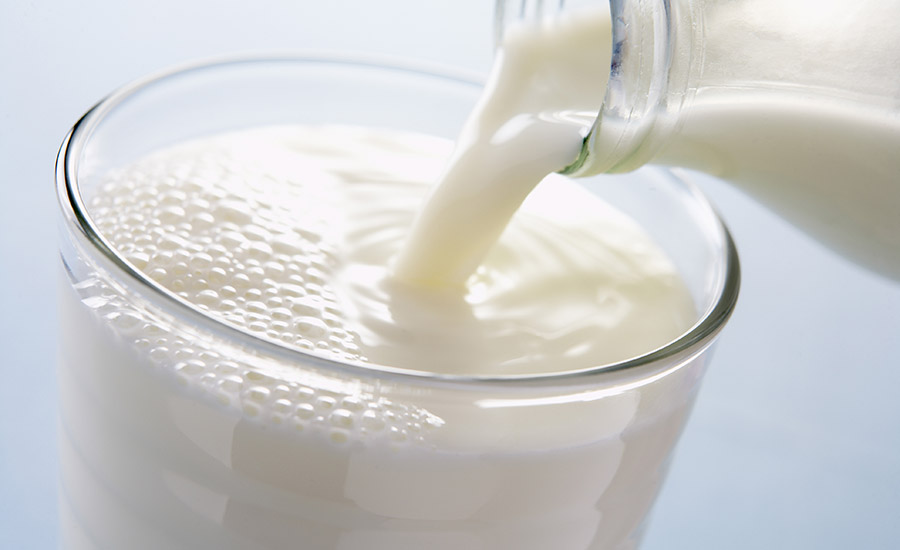Scientists are making phenomenal progress in better understanding how food impacts health, and there is good news on dairy foods. Researchers around the world are uncovering evidence that milk and dairy foods provide an irreplaceable package of health benefits.
While scientists continue to validate and build an expanded portfolio of health benefits for milk and dairy foods, the credibility of science and scientists (especially those with ties to industry) is under public scrutiny like no other time in recent history.
Perceived bias of industry-funded research, distortions of research findings in the media, poor study design and premature release of study results are but a few of the reasons contributing to what some dub a “credibility crisis” in science. Left on its own to fester or further deteriorate, skepticism of science threatens the food sector.
Science is the very foundation upon which food recommendations are made and new foods and agricultural practices are developed. Science is the underpinning of the federal government’s Dietary Guidelines for Americans, which informs the nation’s food and nutrition policy, nutrition education and government feeding programs (e.g., National School Lunch Program and the Special Supplemental Nutrition Program for Women, Infants, and Children).
On a parallel path, consumers are increasingly turning to friends, co-workers and celebrities for nutritional advice. This is leading to a flurry of self-diagnoses and a rise in “free from” diets, “lactose-free” among them. A skeptical public — rightfully curious and understandably unsure what to believe — could miss out on the numerous dairy health benefits being uncovered through emerging research around the world.
And while the public may be eying industry-funded research suspiciously, food companies and industry groups can and do provide a very important role in supporting research, particularly in an era when public funding for scientific research is dwindling.
“Food and drug industries have funded research in America for the past century, and the health of Americans has enjoyed phenomenal benefits as a result,” said Carl Keen, professor of Nutrition and Internal Medicine at the University of California at Davis, in the 2016 Food Foresight report, which identifies trends likely to impact the agri-food marketplace.
Despite the public benefits of increased health knowledge, regaining confidence and trust will take great care and stakeholder support. First and foremost, researchers must operate with transparency about funding sources, research methods and both positive and negative results. Those investing in research should only do so when that research is subjected to very rigorous scientific processes and published in peer-reviewed journals.
When communicating the results of scientific research, information should be based on sound, consensus science and recognize shared values with consumers. Also essential is equipping children and adults with the skills necessary to be critical thinkers when evaluating information — a key focus of Dairy Council of California programs aimed at schools and health professionals.
Sound science that enjoys consensus support in research circles is the backbone of Dairy Council of California programs. Working together, the dairy industry can help rebuild trust in science and effectively communicate the results of that scientific research. More importantly, we will advance the cause that dairy families and companies embraced almost 100 years ago and that continues through Dairy Council of California: to elevate the health of children and parents through the pursuit of lifelong healthy eating habits.
What the Science Says
Exciting research abounds for milk and dairy foods, from well-studied associations like controlling blood pressure, reducing risk of colon cancer and improving bone health to newer associations like mitigating metabolic syndrome and diabetes, reducing risk of heart disease and managing weight. Following are some highlights of current research:
- The Journal of Adolescent Health showed a 96% correlation between adolescent health-risk behaviors — such as a diet low in fruits, vegetables and dairy products — and reduced academic success.
- The Institute of Medicine convened an expert panel on sodium in 2013 that concluded there was insufficient evidence to support the current sodium dietary guidelines, after research showed severely restricting sodium may do more harm than good for some people.
- A recent study, partially funded by Dairy Council of California, showed spreading protein consumption evenly throughout the day may significantly reduce the loss of muscle mass. Dairy foods have a distinct advantage because they’re high in protein.




